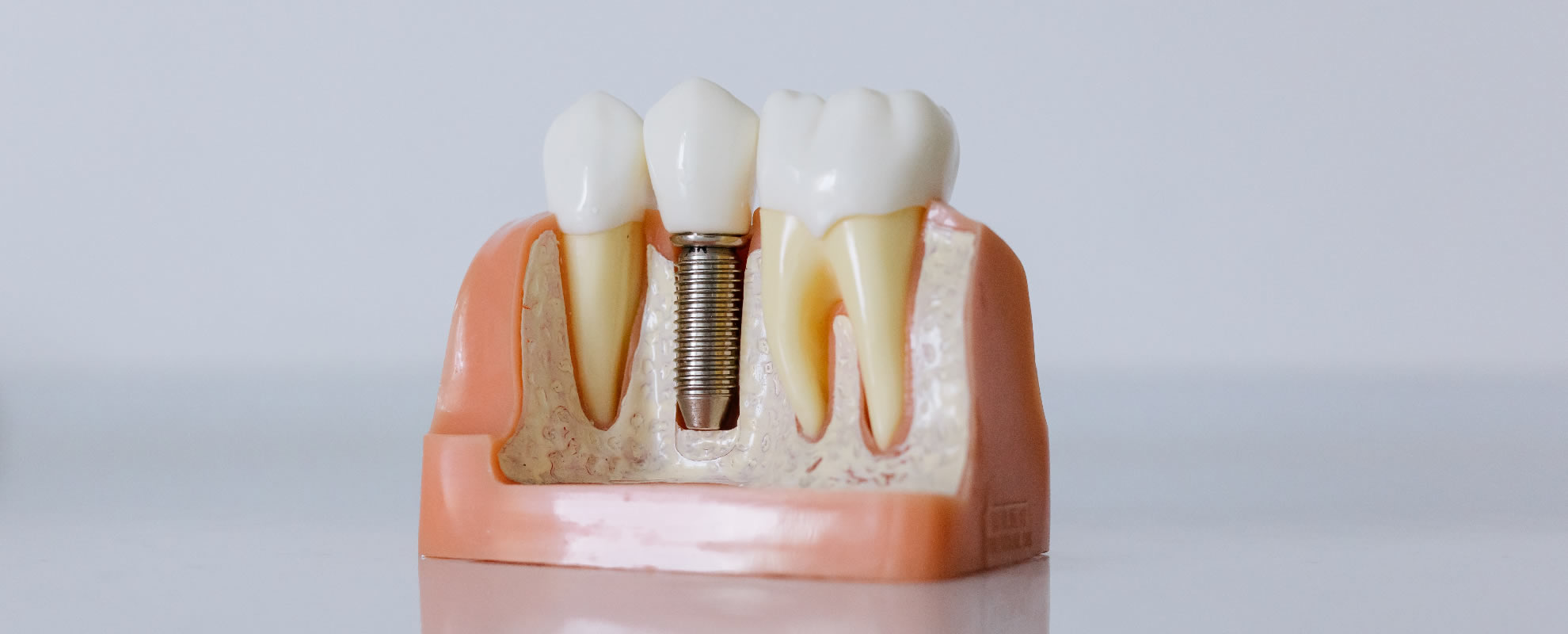Dentures in Greater kailash
Complete (Full) Dentures
Missing all of your teeth can have a big impact on your life in a lot of ways. Without teeth to support the jaw structure, your facial features may start to look old and distorted, with sunken cheeks and skin wrinkling around the mouth. And a lack of teeth certainly affects how you speak, chew, and eat, leading to nutritional and digestive issues.
At Smile Studio Delhi, ask for CAD CAM dentures too.

COMPLETE (FULL) DENTURES
The conventional method of replacing all of your teeth is with a complete (or full) denture. Full dentures are removable replacement teeth that are fitted into an acrylic base that is crafted to look like your gums. Dentures make it easier to eat and speak better than you could without teeth. Dentures also help the facial and jaw muscles work properly so that you can eat, speak and smile normally.
DENTURES MADE IN ONE DAY
Dentures are removable appliances that replace a few or all of your missing teeth and help restore your smile. When you lose all of your teeth, facial muscles sag and cause you to appear prematurely aged. Dentures not only support those sunken facial muscles, but they re-establish your proper face height and profile.
A custom, high-quality, properly fitting, fairly priced denture.
Your resulting dentures will look better, feel more comfortable, and last longer, and the confidence you’ll gain from having an amazing smile once again is priceless.
TYPES OF DENTURES
CONVENTIONAL COMPLETE DENTURES
This full removable denture is made and placed in your mouth after the remaining teeth are removed and the tissues have healed, which may take several months.
IMMEDIATE COMPLETE DENTURES
This removable denture is inserted on the same day that the remaining teeth are removed. Your dentist will take measurements and make models of your jaw during a preliminary visit. You don’t have to be without teeth during the healing period, but you may need to have the denture relined or remade after your jaw has healed.
OVER-DENTURE
An implant-supported over-denture fits over a small number of implants inserted by an oral surgeon. Our dentists will refer you to our oral surgeon of choice to set up a consultation regarding the viability of implants successfully integrating into your jaw bone. Once these implants are firmly integrated into your bone, we can fit an existing denture or a new denture to “snap” on top of those implants. All the above-mentioned dentures have bases made from rigid acrylic, which you help to form by having molded impressions of your mouth taken during a visit to the dentist. This ensures that you can wear your denture as a comfortable fit.
PARTIAL DENTURES
Removable partial dentures usually consist of replacement teeth attached to pink or gum-colored plastic bases. Depending on your needs, your dentist will design a partial denture for you. A partial denture may have a metal framework and clasps that connect to your teeth, or it may have other connectors that are more natural looking. In some cases, a removable partial denture is made to attach to your natural teeth with devices called precision attachments. Precision attachments are generally more aesthetic than clasps. Some partial dentures have bases made of a more flexible thermoplastic, such as nylon; this can be a more expensive method, but it can look and feel more natural.
YOUR FIRST 30 DAYS WITH YOUR NEW DENTURES
Adjusting to dentures is all about patience. Here’s a month-long guide that shows you how to get used to your dentures.
A calendar guide for first-time denture wearers:
Day 1
Many first-time denture wearers say eating soft foods that are gentle on their gums and teeth makes the adjustment to dentures easier.
Day 2 to 14
Your mouth is adjusting to your new dentures. At this time, you will likely experience increased salivation. Don’t worry. Your salivation levels will normalize over the next few days. You might also experience sore spots in your mouth from the dentures.
Day 15 to 29
You are learning to talk and eat all over again. Remember to thoroughly cut your food into smaller pieces. Chew on both sides of the dentures at the same time. Swallow your bites before eating more.
Day 30
After the 1st month of denture wearing, you are beginning to be able to enjoy most of your favourite activities confidently. But you must remember that you and your dentures need regular periodic examinations by your dentist. A dental replacement is usually recommended every 5 to 10 years.
COMMON DENTURE PROBLEMS AND COMMON SOLUTIONS!
At one time or another, denture wearers will face some issues with their dentures. Here are some typical denture challenges and tips for overcoming them.
Too much saliva
The denture is a new foreign object, so it’s natural for your mouth’s salivary glands to work in overdrive. They’ll adjust gradually, but in the meantime, try swallowing more or snacking on a mint or hard candy.Make sure it is sugar-free if you have natural teeth! It may take several days to weeks of consistent denture wearing for your salivary glands to act “normally”.
Mouth sores and pain
This is a very common problem that occurs within hours of wearing dentures. Try rinsing your mouth with warm salt water, or you can benefit from a denture adhesive that will help prevent denture movement to reduce irritation and sore spots. Another tip is to clean your dentures after every meal. This will reduce the chance of irritation from debris and keep your tissues healthier. It is OK to replace your adhesive after every meal.
“Full-mouth” feeling
At the beginning of your denture experience, you might feel as if they are too big or that your lips are being pushed forward. Wear your dentures as much as possible so the muscles in your mouth “learn” how to keep them in place.
Dentures that are slipping around in your mouth
Your lip, cheek, and tongue muscles are fighting to push your dentures out of your mouth. Remember, you are new at this. It often takes time to “learn” how to keep dentures in the mouth. For added assistance, keep them in place with the assistance of a denture adhesive.
Ill-fitting dentures
Dentures rest on gum tissue and your jawbone, which deteriorate and shrink over time. If your dentures feel loose after some time, you should visit your dentist. It may be time for an adjustment, a new denture lining (often referred to as a denture reline), or a new set of replacement dentures.
